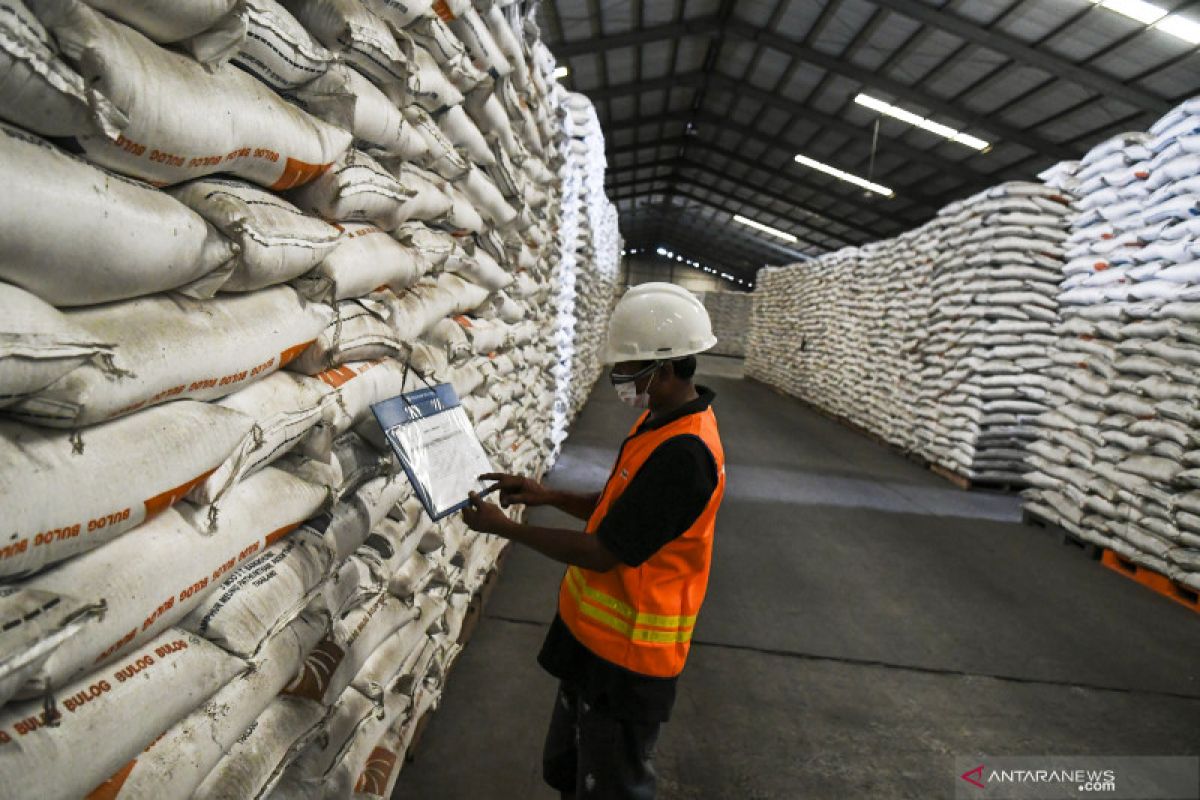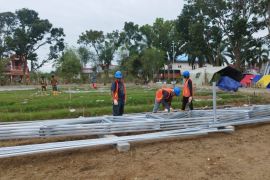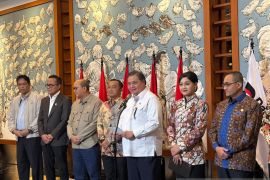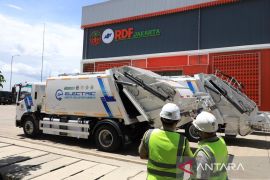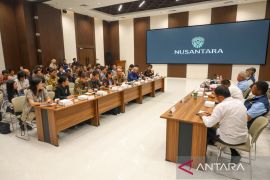"Easing of rice trade barriers needs to be done to meet the increasing national rice consumption," Setiawan noted in a press release issued here on Saturday.
National rice consumption per capita in 2017 stood at 97.6 kilograms and is estimated to increase by 1.5 percent per year to 99.08 kilograms per capita by 2025, he said. The projected increase is in line with the population growth rate, he opined.
Therefore, the government needs to ensure the availability and affordability of rice to meet the needs of a growing population, he said.
Current domestic rice production is not adequate to maintain price stability in the face of increasing national demand, he added.
"Reducing trade barriers will be one solution to reduce prices when domestic needs (rice supplies) are insufficient, since imported rice is cheaper and will open up healthy competition," Setiawan said.
He also argued that the high price of rice has been further exacerbated by import tariffs and quantitative restrictions imposed on rice, with a tariff of Rp450/kg levied on all types of imported rice.
In addition, the Food Law No. 18/2012 prioritizes the development of domestic food crop production, he pointed out. The law emphasizes a ban on imports only if domestic production is sufficient to meet demand, he said.
The regulation is intended to protect domestic producers from competition in international markets and to prevent them from receiving low prices for their crops, he added.
Related news: Bulog to prioritize absorbing domestically produced rice over imports
Earlier this week, Bulog president director Budi Waseso had sought the production of premium quality rice in early 2022 through the development of modern rice milling plants in 13 areas in Indonesia's rice production centers.
"Hopefully, by early 2022 we will have modern rice milling plants in 13 regions that produce rice. This is proof of our commitment to maintaining food security and rice price stability. The infrastructure is in the process of being completed," Waseso said here on Thursday.
Modern rice milling plants can convert unhulled rice purchased directly from farmers into premium quality rice, he said.
Bulog will buy farmers' crops for the Government's Rice Reserve (CBP) stock, and the drying and milling process will be carried out by the agency itself, he said.
Thus, Bulog will no longer need to buy rice directly from farmers to reduce their drying and milling costs, he remarked.
Related news: Expert calls to evaluate Bulog's role in rice supply chain
Translator: M Razi Rahman, Katriana
Editor: Yuni Arisandy Sinaga
Copyright © ANTARA 2021
